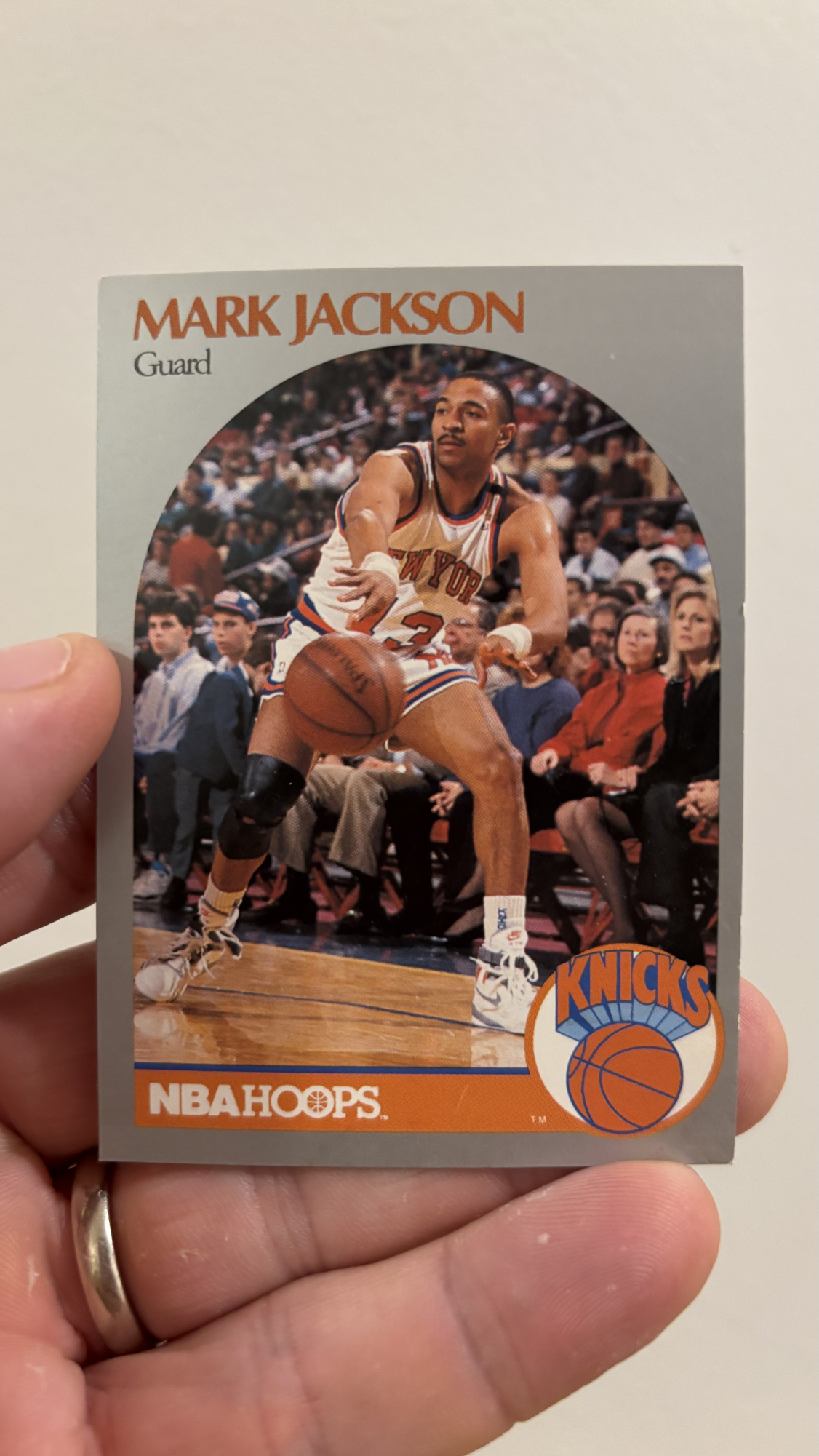It has been almost two years since I penned “A Tale of Two Monsters,” reviewing two made-for-TV docudramas that offered fascinating deep-dives into real-life monsters (Jeffrey Dahmer and Bernie Madoff) who walk among us. This fall, the new season of Ryan Murphy and Ian Brennan’s crime drama anthology “Monsters” dropped, featuring Lyle and Erik Menendez. The Menendez story combines the homicidal psychopathology of Dahmer with the wealth and high society of Madoff, but unlike those two monsters, in this story, it’s hard to tell who the real monsters really are.
“The Lyle and Erik Menendez Story” covers the late 1980s slaying of Jose and Kitty Menendez, who were murdered one Sunday evening in their luxurious Beverly Hills home. They were survived by their two sons, Lyle and Erik, then aged 21 and 18, respectively.
The murders were widely covered at the time and have been extensively analyzed ever since. Thus, I am giving absolutely nothing away by revealing that these murders, strange and gruesome for numerous reasons, were an act of double parricide: The sons killed their parents.
Early on, the series portrays the boys’ brief and comical attempt to divert attention during the investigation, but their deceptions didn’t last long. The boys were arrested close to seven months after the murders, and after two drawn-out trials, they were convicted of first-degree murder. They avoided the death penalty but were sentenced to life without parole.
While watching, I came to realize that the story’s intrigue has nothing to do with who killed Jose and Kitty. The most fascinating aspect of the plot was the examination into what might have caused the boys to throw away what outsiders would have described as a life of privilege.
The brothers have long defended their actions as self-defense, alleging that they were abused by their parents since young childhood. Their allegations portray unrelenting expectations, domineering oversight, constant belittlement, and pedophilia. As depicted in the drama, Jose Menendez’s practice of sexually abusing his boys in a so-called effort to turn them into “strong Roman warriors” is so astounding—even Dahmer might have found the behavior disturbing.
The most unsettling details, however, were also the most interesting.
“What surprised me the most was how much the brothers’ childhood seemed to affect everything,” sophomore Myles Antelis said. “I didn’t expect there to be so many details about their family life and the possible abuse they went through.”
Unlike the stories of Dahmer or Madoff, there are fewer questions raised in this series about society’s facilitation of the alleged abuse and resulting murders. Yet the drama provides some other interesting societal food for thought. For example, Lyle Menendez had been arrested as a teen for burglarizing two homes and had average high school grades. He still gained admission to Princeton University, seemingly bolstered by his wealthy and influential parents. The school ultimately suspended him for plagiarism, and he eventually dropped out. Clearly, admissions officers do not always get it right.
Additionally, the brothers’ arrests were based on confessions they had made to their therapist, Jerome Oziel. While the drama doesn’t spend a ton of time on the admissibility of such confessions, the therapist’s behavior did raise many questions. The show portrays Dr. Oziel as a manipulative, creepy adulterer. It is hard to tell if anyone ever had these boys’ best interests at heart.
The televised story is lightened by cinematography showing vibrant California scenes and a catchy ‘80s soundtrack. For senior Izzy Weinberg, the music was a particularly valuable addition.
“One of my favorite parts of the series was the music and audio choices, as I feel like it really conveyed emphasis onto lots of the scenes,” she said.
Additionally, the fabulous acting makes the viewer, even a viewer with general knowledge of these killings, feel as though critical bits of information are being exposed for the first time.
“To me, the acting is what stands out the most,” Upper School visual arts teacher Ian Merritt said. “Veteran actors Javier Bardem and Chloe Sevigny get lost in their roles as the Menendez parents.”
As with certain shows that are set in historical decades, this series offers an abundance of references from the ‘80s that Latin students today may not be able to appreciate. They were interesting to see nevertheless.
“I think that the current student generation has heard enough ‘80s-’90s music, seen enough sports highlights, and viewed enough photos from the era to at least understand/relate/or even enjoy the references,” Mr. Merritt said.
There were also many details that often led me to Wikipedia deep dives, assuming certain facts portrayed must have been Hollywood embellishments. I was wrong. Lyle Menendez really did play Milli Vanilli’s ‘80s hit “Girl I’m Gonna Miss You” at his parents’ funeral. Erik Menendez really was in the jail cell next to O.J. Simpson after his initial arrest. Truth really is stranger than fiction.
Finally, and perhaps the best part of the drama, it's actually current.
After more than three decades in jail serving life sentences without the possibility of parole, the Menendez brothers may get another day in court. The Los Angeles district attorney asked for a hearing to review new evidence that has come to light, including a statement by Roy Rossello, a former member of the boy band Menudo, whom Jose Menendez signed to represent in the ‘80s. The musician alleges that Jose Menendez sexually assaulted him during that time.
Will Rossello’s testimony alter the boys’ punishment? Izzy thinks it should.
“I would support their release,” she said. “Although the murders were horrible, it seems to have been a trauma response from the boys, and no person should ever endure such treatment.”
Draw your own conclusion, and join the millions who have already viewed the nine episodes currently streaming on Netflix. Don’t just take my word for it—the series was also nominated for Best Limited Series, Anthology Series, or Motion Picture Made for Television at this year’s Golden Globes.











